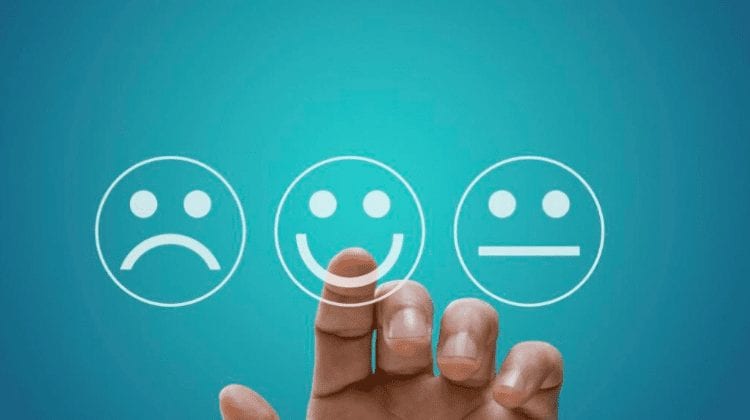In anticipation of the 50th anniversary of the first host-to-host connection, Pew Research Center polled hundreds of experts on their vision of digital life in the next 50 years.
I was honored to join their host of experts, who were, on net, pretty optimistic, with 72% believing that the future would bring change for the better. I’m happy to see that. What we believe often comes to fruition, so saying that the future will be worse is like admitting you have no power to see that change moves in the right direction.
While challenges are often frustratingly daunting, I firmly believe in human agency as a driving force. In other words, we can act and make a difference. If things seem bleak, action in pursuit of improvement is much better than foretelling doom.
As I said in Pew Research’s report, technology gives individuals more control. Agency and efficacy–believing that we can act effectively on our environment–are fundamental human motivators, not to mention essential to our wellbeing, optimism and resiliency. Technology continues to enable choice, access and interactivity which all enhance our sense of efficacy and are a prerequisite to participatory citizenship and the belief in the power of collective action.
The Internet Will Continue to Make Life Better
Those who espouse gloom and doom are assuming that people don’t learn and change, that they sit by helplessly when things go south. The speed of information flows means that people are standing and speaking up faster. The biggest benefit of the Internet and the range of media channels is that it’s hard to hide bad behavior for very long. While this may not seem like much of a plus if you don’t get into college because of the stupid things you posted on Facebook, it also means that abuses of rights, human suffering, social inequalities and downright cheating will more easily come to the fore. It enables a multitude of voices that begin to impact the social discourse, whether through social movements like #BlackLivesMatter, #MeToo or #NeverAgain, the brutal consequences of immigration strategies or cheating on SAT scores.
The internet will continue to become more fluid. We increasingly take connectivity to people, information and things for granted, like electricity. Starting with Generation Z and going forward, the internet and 24/7 real-time connectivity will no longer be experienced as a separate place, a ‘thing’ independent from daily life. It will be integrated into all aspects of what we do. If you’re creeped out by this, then you need to 1) articulate and fight for your own limits and 2) remember to consider the upside potential.
This integration will have profound psychological implications about what people assume to be normal. It will establish baseline expectations for access, response times and the personalization of functions and information that will further disrupt business-as-usual and continue to rob the Emperor of his new clothes.
Contrary to many expressed concerns, as technology becomes more sophisticated, I believe it will increasingly support the primary human needs such as social connectedness and agency. We should not judge future use by what we do today. Things are changing too fast and we are still in early days of social technologies. As we have seen with one platform after another, the first adoption is noncritical – it is a shiny penny for exploration. Sharing breakfast burritos on Twitter is interesting only as long as it is novel, but it holds no real value over the long haul and is the behavior is abandoned (unless you sell breakfast burritos.)
Familiarity with tools means that people start making judgments about the relevance and value-add to what matters to them. Usage begins to shift, to be based on outcomes and individual goals. Technology companies adapt by designing for more value to the user – we see that now in the pressure on Facebook and Instagram over privacy settings, data ownership and information quality.
The key point is this: Technology is going to change whether we like it or not.
Expecting the future to be worse not only means that we have abdicated our responsibility to make change in the world but that we spend all our time looking for what’s wrong. Believe me, if you want to find stuff that’s wrong, you’ll find it. But it blinds you to the spectrum of experience and the opportunity to move the dial.
Pessimism and fear turn people into passive victims, mindless prey willing to abandon individual agency. It sufficiently distracts people so that they forget that digital is an extension of the offline world and that both require a lot of hard work. Citizenship on or offline demands critical, moral and ethical thinking and the willingness to take action.
Expecting it to be better in 50 years means we focus on possibilities, how to use our strengths and how to leverage what works and identify and contain what doesn’t. Assuming it will be better means the we are prepared to step up, identify goals and work towards them collectively with the continually evolving and powerful tools at our disposal.

 Dr. Pamela Rutledge is available to reporters for comments on the psychological and social impact of media and technology on individuals, society, organizations and brands.
Dr. Pamela Rutledge is available to reporters for comments on the psychological and social impact of media and technology on individuals, society, organizations and brands.